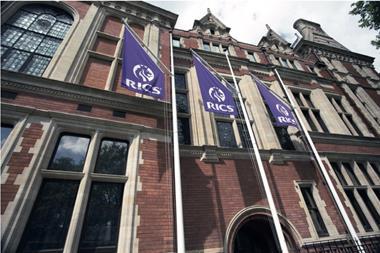A survey carried out by real estate associations has revealed that institutional investors do not intend to change their future investment plans, despite the disruptions caused by the coronavirus pandemic last year.
According to the 2021 Investment Intentions survey published by ANREV, INREV and PREA, at least €64.6bn of new capital is planned for deployment in global real estate this year. The new capital planned for 2021 includes a €9.2bn contribution from funds of funds.
The survey showed that of the expected €55.4bn of investments, close to half (€26.5bn) will be committed to European real estate compared with €17.5bn for North America and €9.7bn for Asia Pacific, with the remaining €1.7bn targeting Americas ex US and Africa.
The survey, which attracted 99 respondents (84 investors and 15 funds of funds), stated that these results might be partially skewed due to European respondents accounting for a large share of the sample size.
Across all three global regions, investors cited diversification benefits of real estate in a multi-asset portfolio as one of the most important factors in their decision to invest in the asset class. All regions recorded inflation hedging as the least important factor influencing their decision to invest, the survey revealed.
According to the survey, despite the turbulence caused by the COVID-19 pandemic in 2020, ”the majority of respondents, regardless of investor domicile and regional strategy, said it would not alter their future investment plans”.
Iryna Pylypchuk, INREV’s director of research and market information said: ‘This year’s Investment Intentions suggests continuing robust investor appetite for real estate, with Europe and the diversity it offers firmly in sight and somewhat of a sweet spot for both local, regional and cross-regional capital.
“Real estate’s role in a multi-asset portfolio is the key determinant to invest in the asset class. With target allocations maintained or even increased in some cases, there is clearly room for more capital to find its way into the asset class.”
Pylypchuk said non-listed funds are expected to see most of the new capital allocations in Europe, but an increase in allocations to joint ventures and club deals, especially by the larger investors, makes for an interesting period of activity ahead.
“This is very much in line with the emerging trend for a more operational style of investment and risk-off strategies, as investors seek to take greater control.”
To read the digital edition of the latest IPE Real Assets magazine click here.

















